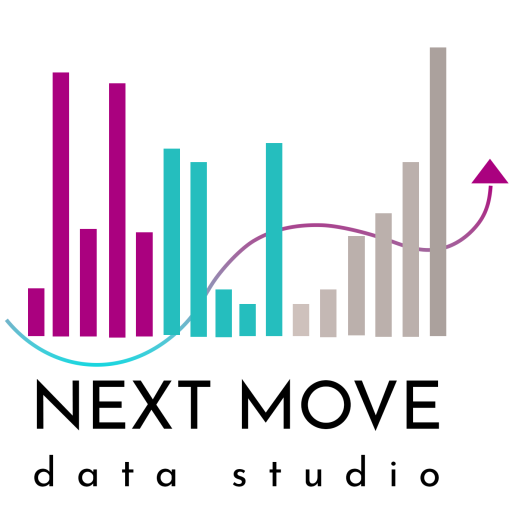
Why Businesses Should Have a Data Warehouse
There is no question that using data to make decisions in your business is crucial. You can see these cases [here]. Now that you understand this, the next step is deciding where to go from here. If you have many data sources and are unsure what to do with them, or are losing oversight of the complete picture, a data warehouse might be the solution you’re looking for.
What is a Data Warehouse?
A data warehouse is a centralized repository where all your diversified data sources are stored. Just as a physical warehouse brings together a diverse selection of products to serve customers, a data warehouse consolidates all your data to meet your business needs.
Reasons to use a Data Warehouse
- Easy to query
One of the most significant advantages of data warehouses is their ability to handle complex queries efficiently. Imagine data coming from 14 different sources, each with two tables you need to pull data from. Given larger tables, these queries can become quite complex, and understanding something basic can take minutes or even hours. A well-designed data warehouse can significantly reduce query times, making it easier and faster to get the information you need.
Illustration Idea: A comparison of query times between traditional databases and a data warehouse, showing a speedometer or a graph illustrating the difference in query times.
2. Centralized Data
A key reason to have a data warehouse is that all your data is centralized in one repository. Imagine needing to answer a question that involves sales, marketing, finance, and procurement data. With everything in one place, you can easily access and analyze this information. Moreover, each team can pull data from the same repository, ensuring consistency and efficiency.
Illustration Idea: A central hub (data warehouse) with spokes connecting to various departments (sales, marketing, finance, procurement), illustrating data flowing into and out of the central hub.
3. Consistent Metrics
A data warehouse provides a single source of truth. One of the main challenges in data-driven organizations is that each department often has its own dataset, leading to confusion and discrepancies. Sales might report one number for total sales, while finance reports another. A data warehouse ensures that everyone uses the same data and metrics, leading to consistent and reliable KPIs.
Illustration Idea: Two contrasting scenarios – one with multiple departments using separate data sources and another with all departments accessing a single, unified data warehouse, highlighting the consistency in metrics.
Conclusion
If your business struggles with the complexity of managing multiple data sources, it might be time to consider centralizing your data in a data warehouse. Not only will this streamline your data management, but it will also ensure faster queries, centralized data access, and consistent metrics across your organization.
If you’d like to learn more about how a data warehouse can benefit your business or discuss implementing one, feel free to contact us here.

